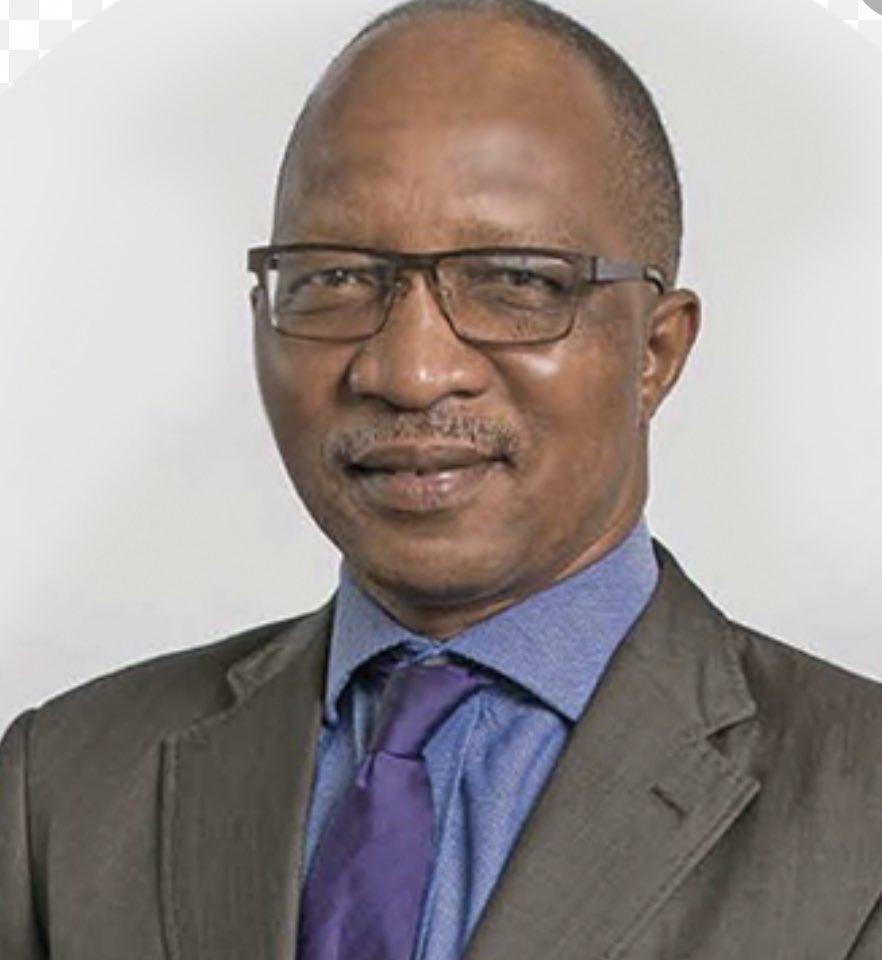Africa-Press – Eswatini. I attended the sixth edition of the Temvelo Awards this past week, where the ministry of tourism and environmental affairs honoured individuals and companies for their ‘green’ efforts.
As I sat at the glamorous event listening attentively to Prime Minister Cleopas Dlamini deliver the keynote address, I couldn’t believe my ears when he winded down and eventually finished his speech without speaking about renewable energy.
“I was puzzled, perhaps even perplexed to be precise.
“I just couldn’t make sense of how the head of government could deliver his entire speech at the country’s flagship environmental awards ceremony without making mention of government’s plans with regards to developing renewable energy?
This is even more dumbfounding in light of the troubles that have rocked South African electricity public utility Eskom – our country’s major source of energy supply.
In light of this, I honestly thought that podium (pun unintended) presented the perfect opportunity for the PM to assure the nation that the Executive arm does at-least have a plan in place, and most importantly, to inspire a sense of collective responsibility towards whatever the goal is.
In a room filled with some of the most environmentally conscience citizens in the country, why would the premier not see the need to at the minimum; put us into perspective?
I mean, after all, it is public information that the Power Supply Agreement the Eswatini Electricity Company (EEC) has with Eskom ends in 2025, so it is normal for citizens, especially young people, to be anxious about what the next move is.
I guess the pertinent question for me then becomes, why government does not see the need to communicate this to the people, especially considering the State’s current mission to sell itself as remodelled.
It is honestly sad, rigid and counter-revolutionary that at such a critical time in our country, government still stubbornly chooses the consistently failing reactionary technique, instead of attempting pro-activeness for once.
This reactionary behaviour some of us have always complained about, has always been problematic because without information, people are bound to act based on how they feel, which in the social media age is even more catastrophic since it leaves room for half-truths and even incitement of violence.
But, before I digress, let me get to today’s point.
The gist of this piece is to voice out that one of my biggest concerns as a young person in this country; is how we seem to be ignoring or squandering opportunities to transition to renewable energy, when the signs that Eskom’s energy supply issues might worsen are clear for even a primary school child to see.
Currently, the only other co-generators of electricity besides EEC are the Ubombo Sugar Limited (USL) and the Royal Eswatini Sugar Corporation (RES) which use bagasse and wood chips as fuel.
Limited
USL utilises some for self-sufficiency before exporting to EEC, whilst RES Corp’s generation is limited to self-consumption.
This of course is not enough to cover for the 65 per cent of the nation that has access to electricity, so with the entire world looking at ways to go ‘green’, why do we seem to not have any enthusiasm towards seeing this as an opportunity.
At the awards, director of the Eswatini Meteorological Service Duduzile Nhlengethwa-Masina mentioned some projects government has implemented in a bid to introduce renewable energy, such as the Lavumisa Solar Power, and the Raleigh Fitkin Memorial (RFM) Hospital project, which she said would be rolled-out in hospitals all over the country after piloting, with funds allowing of course.
And that right there is where we have a problem – funds. The State’s coffers are known to be empty and these projects cost a lot of money, so the million dollar question; is what’s the plan? I mean, we are already being forced to implement load shedding because of what is happening with Eskom, so how is this not thee sign that we are in a deep emergency which needs a real emergency plan like yesterday?
When we look at the world powerhouses, it shows that we need to follow suit with a swift, large-scale roll-out of renewable energy and storage, as well as the infrastructure to support it.
With the cost of living shooting through the roof lately, this plan could also provide solutions to a number of issues, such as lower energy costs, and also play a role in curbing the unemployment obstacle as a lot of unemployed young people would get jobs or find opportunities.
I mean, the US for example, recently invoked the Defence Production Act to rapidly roll-out renewable energy.
Manufacturing
In the next few years, they plan on building enough domestic solar manufacturing capacity to power 3.3 million new homes with solar a year, which will be coupled with programs to drive green industrialisation.
The European Union reacting to the global energy crisis due to the Ukraine-Russia war has also rolled out an emergency plan as well.
In the next three years, the plan is expected to amongst a whole other things, lead to an implementation of energy efficiency measures across their economy.
These to me are the kind of plans needed to respond to the global energy crisis and to integrate towards a green economy.
Eswatini is also in desperate needs of one, but that calls for innovativeness, accountability and collective responsibility – qualities which are usually quite scarce in government.
This is of paramount importance because, without one, or even a hint of interest in coming up with one, the load shedding South Africans are experiencing will befall us, and this will not only just turn our homes and streets dark, but it would literally lead to an economic collapse since our economy is already on its knees.
For More News And Analysis About Eswatini Follow Africa-Press







